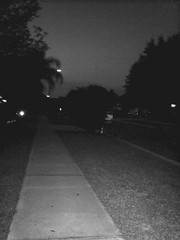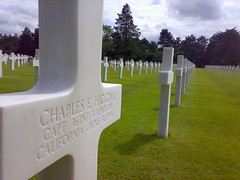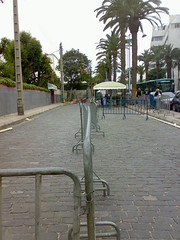
The driver stops his black taxi on a parking lot on Shankill Road. Clear and crisp air flows in from the half-open window. Victor has been driving a taxi in Belfast for 32 years. “31,5 years too long”, he grins.
The entire end of the nearby house is covered by a massive, bright painting. The mural depicts a Protestant paramilitary fighter who was killed before reaching his 30th birthday. As we drive forward, the paintings continue. One celebrates Oliver Cromwell with a gruesome text:”We will not rest before the Catholic Church is crushed.”
This is my first visit to Ireland but these images on the walls are familiar to me through news coverage and popular culture. However, for some reason I had always assumed that these murals were old, from the time before the Good Friday Agreement and ceasefire. Victor sets me straight: most of them are painted in the last 10 years and more keep coming. Same continues on the Catholic side where the British flag is nowhere to be seen and the signs carry out the street names also in Irish.
But the murals were something I saw coming. I knew people have partisan sentiments and that they feel an urge to share them. But the thing that struck me was the so called “peace wall”, a high concrete construction splitting the Catholic and Protestant areas, with additional barbed wire to make the point clear. The backyards near the wall are protected with heavy metal frames to keep out the bricks and stones thrown from the other side. Images from the Israeli-Palestinian conflict pop into my head.
Victor tells us that the hostilities have mostly calmed down and that most of the city is a shared space where people live in peace next to each other. But still, if a Catholic girl meets a Protestant boy from the divided areas, they have no possibilities of living next to their families. A Catholic family would not consider moving into Shakill Road and apparently a house here in these divided areas is still a bit of a risky investment.
There is no plan to tear the peace wall down. Victor tells us that the wall gives people a sense of safety. This is also European Union, this is also in 2009.
On the evening before the tour we meet a friend of mine, a Belfast-based architect, for dinner whose stories validate that Victor is not fooling the poor tourist. The architect tells us that driving around the divided areas makes him so depressed that just some weeks earlier he had to drive over to the sea at Doneghal to get rid of the sense of anxiety. Similar stories occur. A Dublin-born friend tells us that he has never been to Belfast and would feel anxious going over. A Belfast-based Englishwoman tells us over a cup of tea that heading to Dublin for work makes her always much more relaxed. According to her, the tension can be sensed when living in Belfast. We also realise afterwards that Victor was very clear not to disclose his religious background.
Our restaurant on the first evening is called Made in Belfast, a trendy hangout focused on organic and local produce. It is obvious that humour is one way of dealing with the division in the city. The restaurant features a bright-red British poster from the Second World War stating in capital letters an advice that could function as a slogan for Belfast: KEEP CALM AND CARRY ON.

















